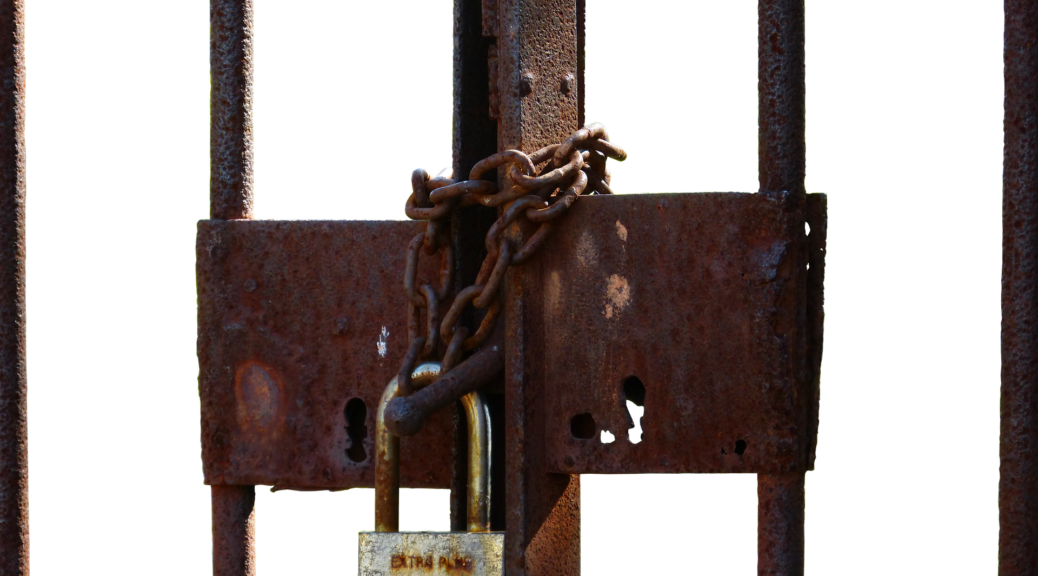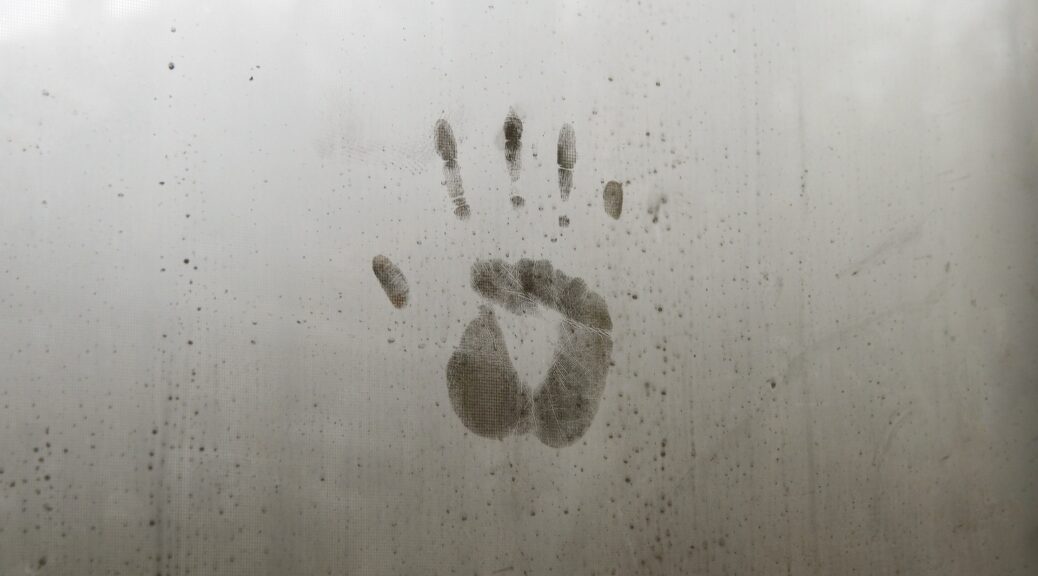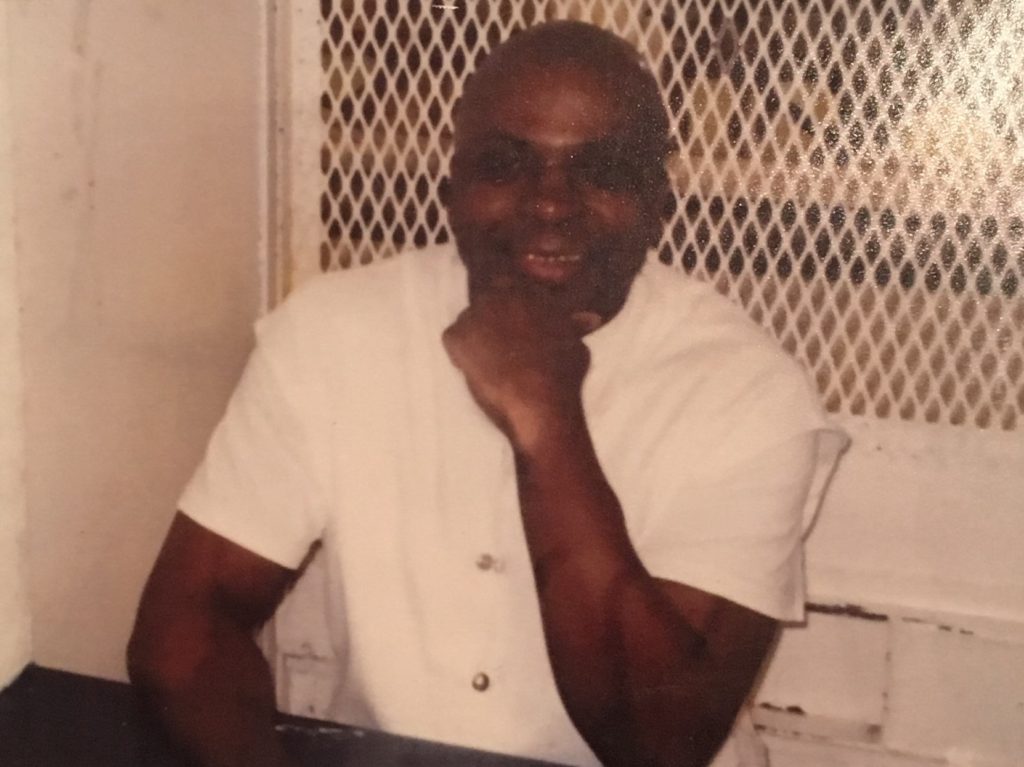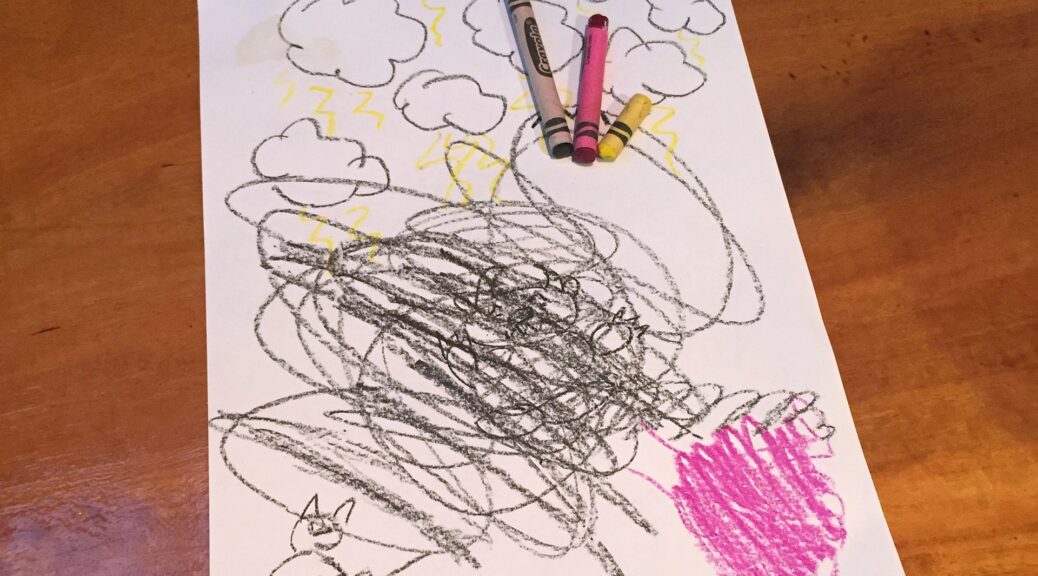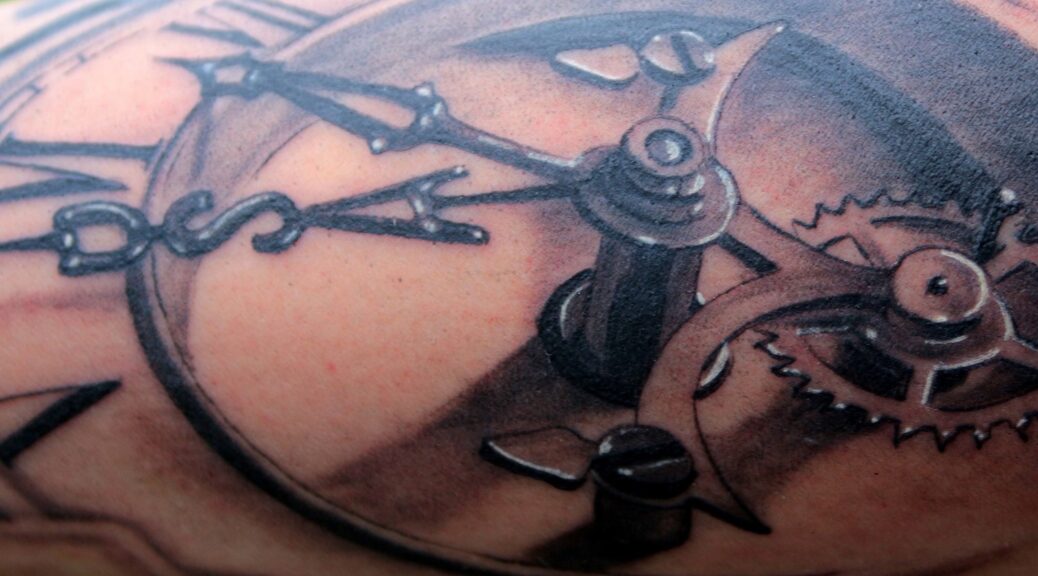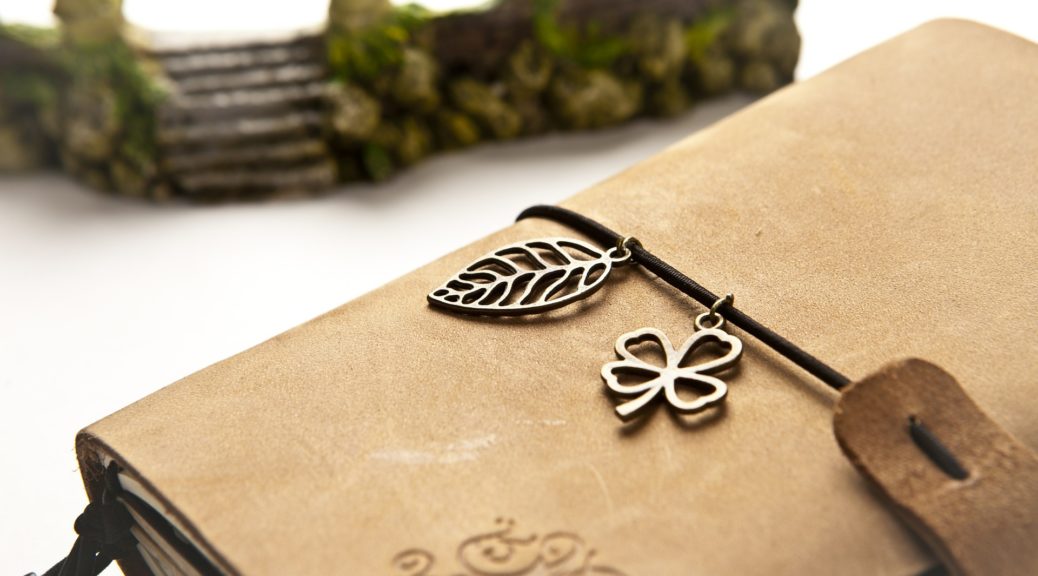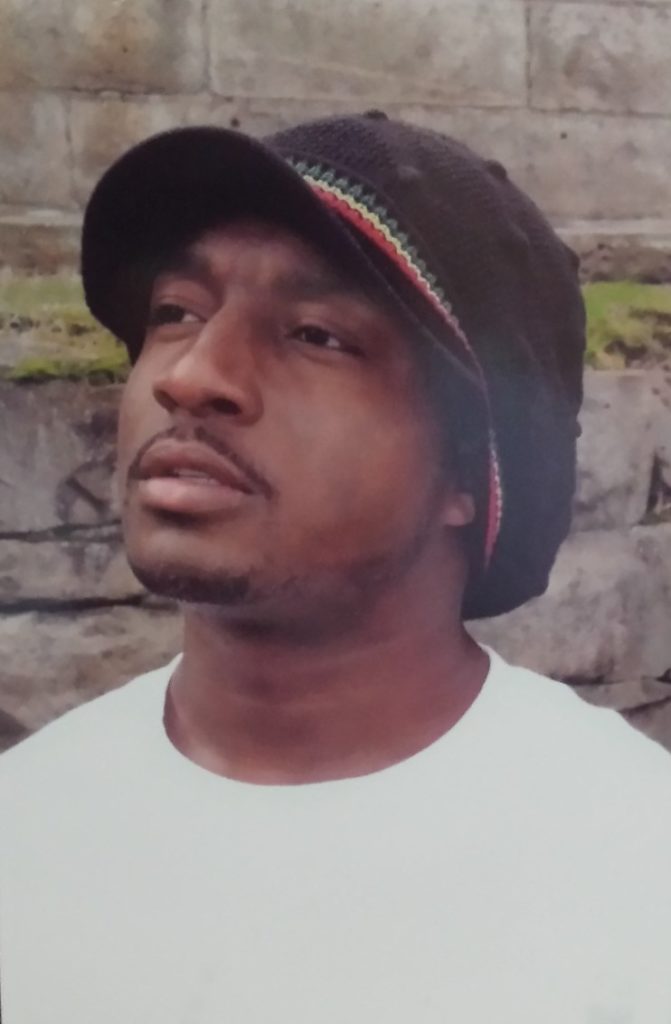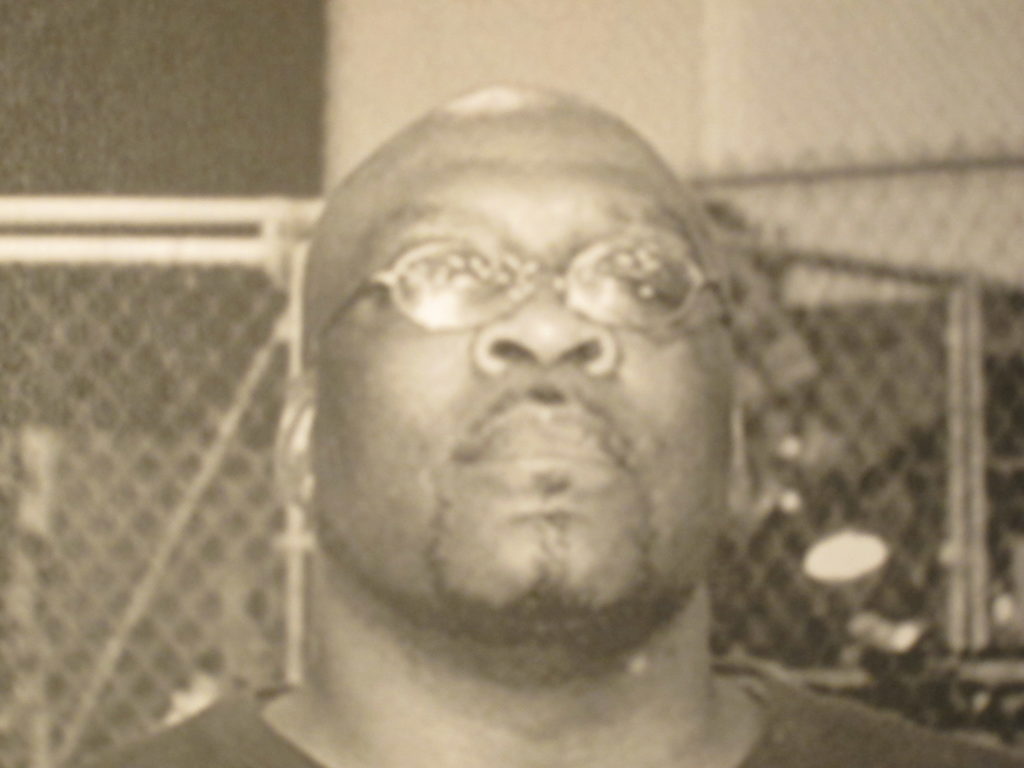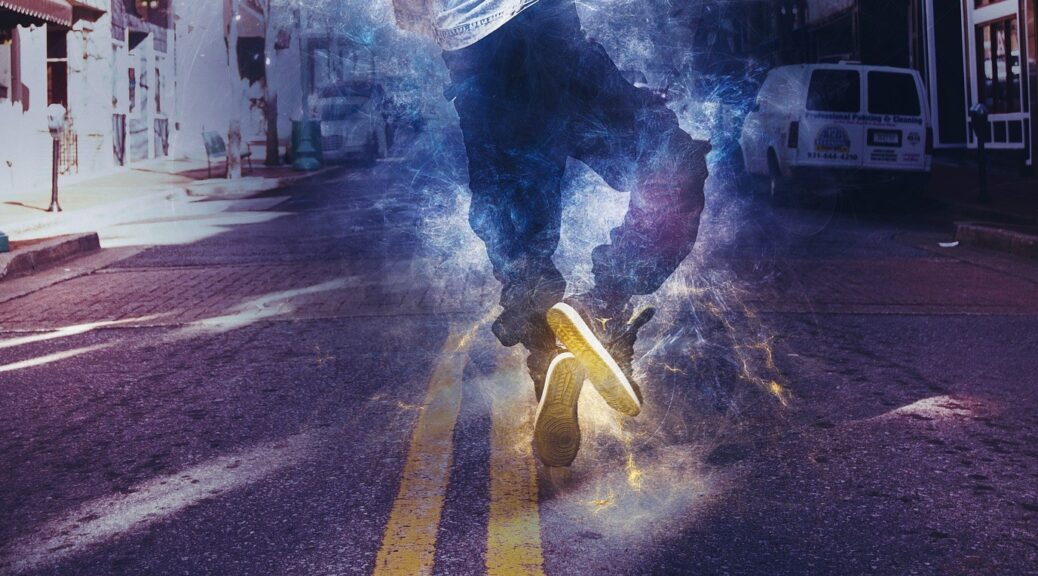Day One (Down I Go)
I wake to something crawling on my face, instinctively removing what feels like a very large cockroach as pain jolts through my shoulder and the part of my face I just touched. One of my nostrils is clogged up making it hard to breathe. As I exhale through my mouth, I feel the numbness of my lip. Dried blood has partially sealed my mouth and nose shut. My top lip is twice as large as normal. I ignore the pain in my shoulder, which has now turned into a throbbing headache. I place my hand on the part of my head that hurts the most. My head also seems to have grown twice as large since I last touched it. Now, I remember. All that guard had to do was ask me to leave the chow hall, he didn’t have to put his hands on me. In that moment when I pushed him away, I forgot the first prison rule I learned when I got here – never touch the correction officer.
Day Three
‘Does the light above my head ever go off?’ Over time, I learn it doesn’t, serving to assist the guards who pass my cell see inside. They are able to view me through a small square window located on the only door to this hole.
I hear familiar keys jangle and know a guard is in the hall making rounds. Before I can debate with myself what kind of round it is, I hear a man announce, “Chow time!” Shortly after that I hear the bean slot drop open. The slot is located a few feet below the rectangular window and is where everything from food to mail is passed to a person in solitary confinement. These items also come as a privilege. Because I assaulted an officer, my mail is withheld, probably destroyed. My food is also special. I’m given ‘food loaf’, an all-in-one baked bundle of whatever is being served that day.
As I listen to the bean slots open down the hall, I know they are near. I wait in eager anticipation. I’m hungry and food loaf is better than no loaf. Like magic, my slot is opened and presto, food loaf and a paper plate with a plastic spork appear. I quickly grab it and wait for the liquid beverage that will accompany my meal. It too will be savored. Just then, the guy in the next cell decides to ‘jack the slot’, which is sticking a body part out of the slot and refusing to remove it. The guard delivering the food immediately asks the offender to remove his arm from the slot. The offender responds with obscenities and an audible spit. The officer radios for backup, who quickly arrive in a musical symphony of key jangles. Commands are shouted to the offender, “Offender, remove your arm from the slot!” I try to see through the square window what’s going on, but my efforts are vanquished by an officer who sees my face and abruptly closes the small square door mounted over the window. Then I hear an audible ‘whap’, a scream from the offender, something about ‘you broke my arm’, followed by more obscenities. And just as quickly as it all started, it was over. Later that night, I hear the offender next to me whimpering about how the guard broke his arm, and how he’s going to sue them and their mothers.
‘Good luck with that, pal. This is Texas.’
Day Seven
I try talking to the guy next door through the wall and quickly determine he is mentally unstable. He talks to himself or some imaginary being in his cell and makes strange noises with an unknown body part. He laughs uncontrollably a lot.
I, in my boredom, have managed to count all the cracks in the wall and floor of my cell. I’ve even managed to make out imaginary images such as demons, women and what can only be described as mythical creatures, all derived from splotches on the wall. I’ve asked for a book, but as of today – nothing.
Day Fourteen (Sanity Slip)
I’m given a book. It is delivered by a very attractive female guard. Her perfume reminds me of the companionship of a woman. I speak to her, and she seems to still have some compassion left in her. I won’t see her again.
The book is 647 pages of kickass action. The author is some guy named Greg Hurwitz who has written several books about some badass orphan. I’ve never read a book as fast. I consider reading it again, but what’s the point? I already know the ending. Still no word on when I’ll be getting out of here. I workout and pray daily. I also reflect on my actions and how I got stuck in this hole. Simple things that so many take for granted are essential to maintain my sanity. I crave a look at the night sky and glimpse of the moon and stars. A breath of fresh air, even exhaust fumes, would be welcome in this new world.
I wonder how my mother is doing. I know she must be worried sick about me, especially since I have not been able to call or write. Maybe she will call the prison and inquire about my well-being.
The laughter next door becomes contagious. It’s not laughter of joy.
Day Twenty-One
I’ve been given a blanket to cover up with, which does nothing to combat the cold temperatures. The blanket is made of the exact same fabric used to cover speaker boxes or upholster the trunk of a car. It’s getting rough in here. I remember when I was a child and how I used a blanket as protection. Protection from the boogyman. Who was this boogyman, that mysterious monster-man who hid under children’s beds, in closets and in the dark shadowy corners of bedrooms? Where did he go in the day? Was it a place like this? Was the man next door him, the one who rocks me to sleep with his screams and laughter? Am I the boogyman?
Day Forty-Two (Suicidally Seduced)
I’ve started talking aloud to myself. I remember what my mother used to say about talking to yourself. “You’re not crazy if you talk to yourself, unless you start answering yourself. I can’t remember if I’ve ever done that, have I? No, I haven’t.”
Thoughts of my wife and son out there in that cruel world eat at my heart. I grasp at my chest to quench the pounding crunch of my need to know they’re okay. All I can do is believe they are. Then a thought from out of nowhere comes into my mind. What if I end my life? For sure all my troubles will be over…
I start to devise a plan on how I can do it. I can easily tie the blanket around my neck, tight enough to cut off my oxygen. I attempt this by straightening the blanket out and twisting it into a rope. I then wrap that around my neck and tie a knot. When I’m done, I realize I’ve wrapped my nose and mouth in my attempt. Death by suffocation, not strangulation. Halfway through my desperate act, something inside my head tells me, ‘This is not the way.’ If I kill myself, what will they tell my son? If I kill myself, the Texas Judicial System has won the game.
The blanket soon starts to itch my face. Torturing myself before I die is definitely not the way to go. I unravel the blanket from around my head, ball it up and toss it in the corner. Later on in the night, I retrieve the blanket from the corner and fold it into a makeshift pillow. Despite the freezing temperature, I sleep and dream myself out of the hole.
Day Forty-Three (Small Glimpse of Hope)
I awake discombobulated. It takes me some time to realize my breakfast is sitting on the floor of my cell. Someone has opened my cell door, and I was totally unaware. I pick it up and place it on the sink, which also serves as a table. I try to go back to sleep but it is impossible. I get up and perform my daily routine of washing up and exercise. After two hours of strenuous calisthenics, I sit on the floor and meditate, thinking about my time in the hole and all I’ve been going through, mentally and spiritually. As I reflect on those things, I feel something crawl across my leg. I then realize I am sitting in a line of marching ants. ‘How did they get in here?’
I follow their path to a small hole where the floor meets the wall. It dawns on me. This place that was designed to restrain and isolate me, could also be my way out in the form of convincing myself that if I can survive this environment, I can survive anything this prison throws at me…
ABOUT THE WRITER. I am always happy to have a new WITS writer win a writing contest, and this is exactly what Chiron Francis has done. It wasn’t only his way of sharing his experience in writing, but he also rose to the call of the prompt perfectly. It is not always that those two come together so well. Like many WITS writers, Chiron finds escape in writing, and I look forward to hearing from him again. He can be contacted at:
Chiron S. Francis #2178658
Wynne Unit
810 FM 2821
Huntsville, TX 77349
![]()
